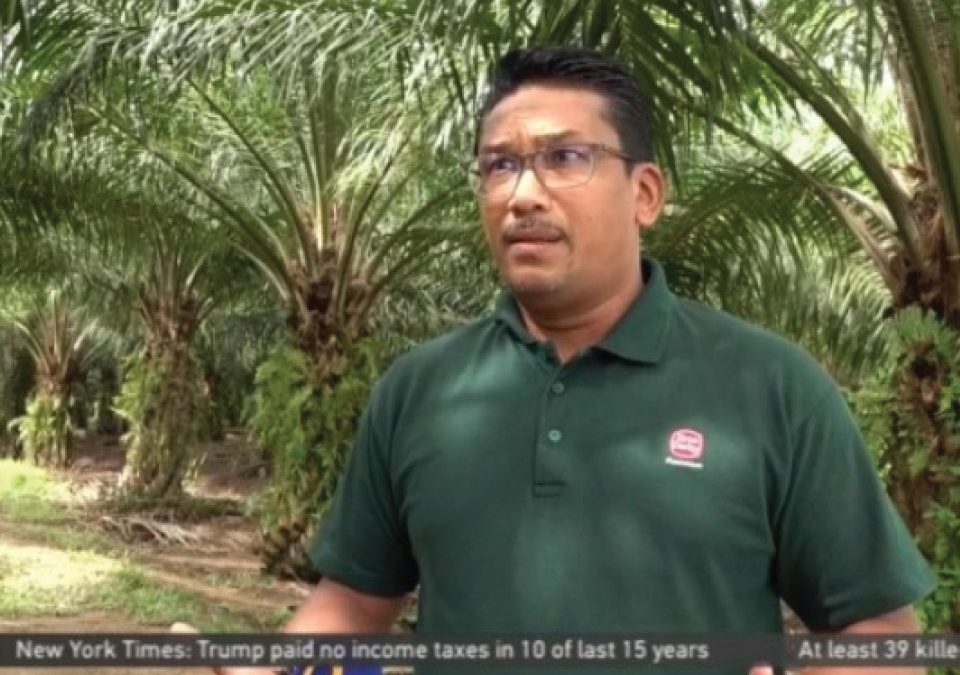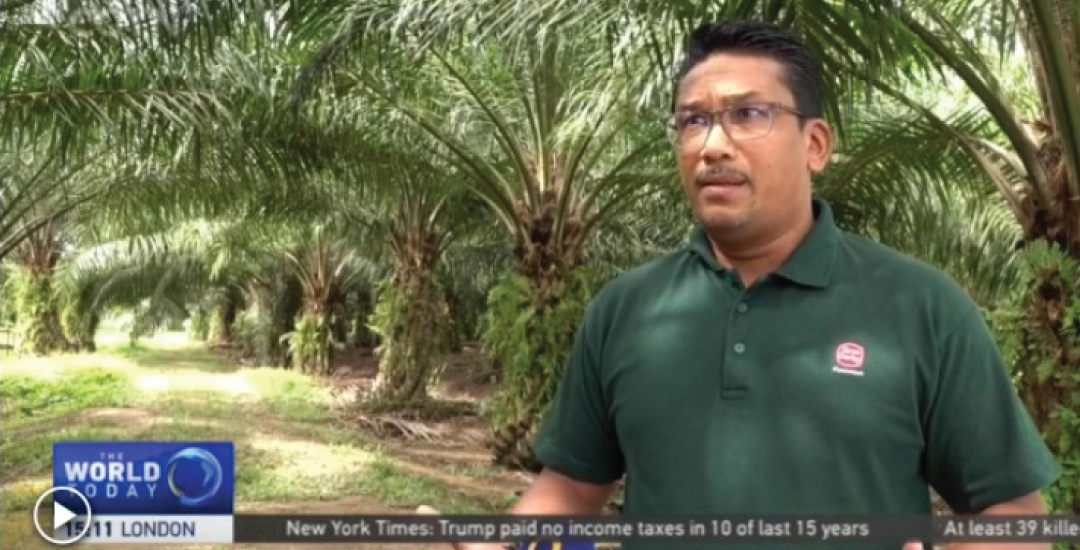Malaysia Palm Oil Industry: Companies recruit ex-prisoners, locals to tackle foreign labor shortage


Malaysia Palm Oil Industry: Companies recruit ex-prisoners, locals to tackle foreign labor shortage

Malaysia's multi-billion dollar palm oil industry has long depended on low-paid foreign workers. Now, it's suffering from an acute labor shortage after many of those workers left during the coronavirus pandemic, and the government imposed a freeze on migrant workers entering the country. Businesses are now looking to locals, including prison parolees, to try to fill some of the shortfall. Rian Maelzer reports.
Around eight out of ten workers in Malaysia's palm oil estates are foreign, mostly from Indonesia. Even pre-pandemic, the industry was short of some 36,000 workers, costing it billions of dollars in lost production. Thousands more migrants have since gone home.
RIAN MAELZER Selangor, Malaysia "Malaysians have long shunned plantation work, viewing it as too physically demanding and as many see it, demeaning."
The industry has been working hard to change that perception and recruit more locals.
MUDZAFFAR MUHD. ALI JOHARI Malaysian Palm Oil Worker "When the pandemic hit, I lost my job in the airline industry. My suggestion is that Malaysians keep an open mind. They cannot be so choosy about what work they do, especially now. Plantation work is good work."
Palm oil giant Sime Darby has also been working with the prisons department to recruit parolees.
ADI WIRA ABDUL RAZAK Sime Darby Plantation "They are paid as per any of our other workers. They will be able to learn new skills, employable skills and at the end of their sentence they can then join a productive workforce. To date, we only see about 60 that voluntarily coming into the placement program and coupled with the locals that we hired, which was only about 300, this is not going to close at all the labor shortage."
The industry is striving to make the work less arduous for locals.
NAGEEB WAHAB, CHIEF EXECUTIVE Malaysian Palm Oil Association "We are looking at how to simplify the job, now very seriously looking at mechanization, automation. Actually, we have gone a long way on terms of mechanization, in terms of crop evacuation, herbicide spraying, fertilizer application. But the core, most critical operation, which is bringing down the fruit from the tree, that is still manually reliant."
And still almost entirely done by foreigners – hence the industry's urgent pleas for the government to relax its freeze on bringing in new migrant workers.
Rian Maelzer, CGTN, Carey Island, Malaysia.

